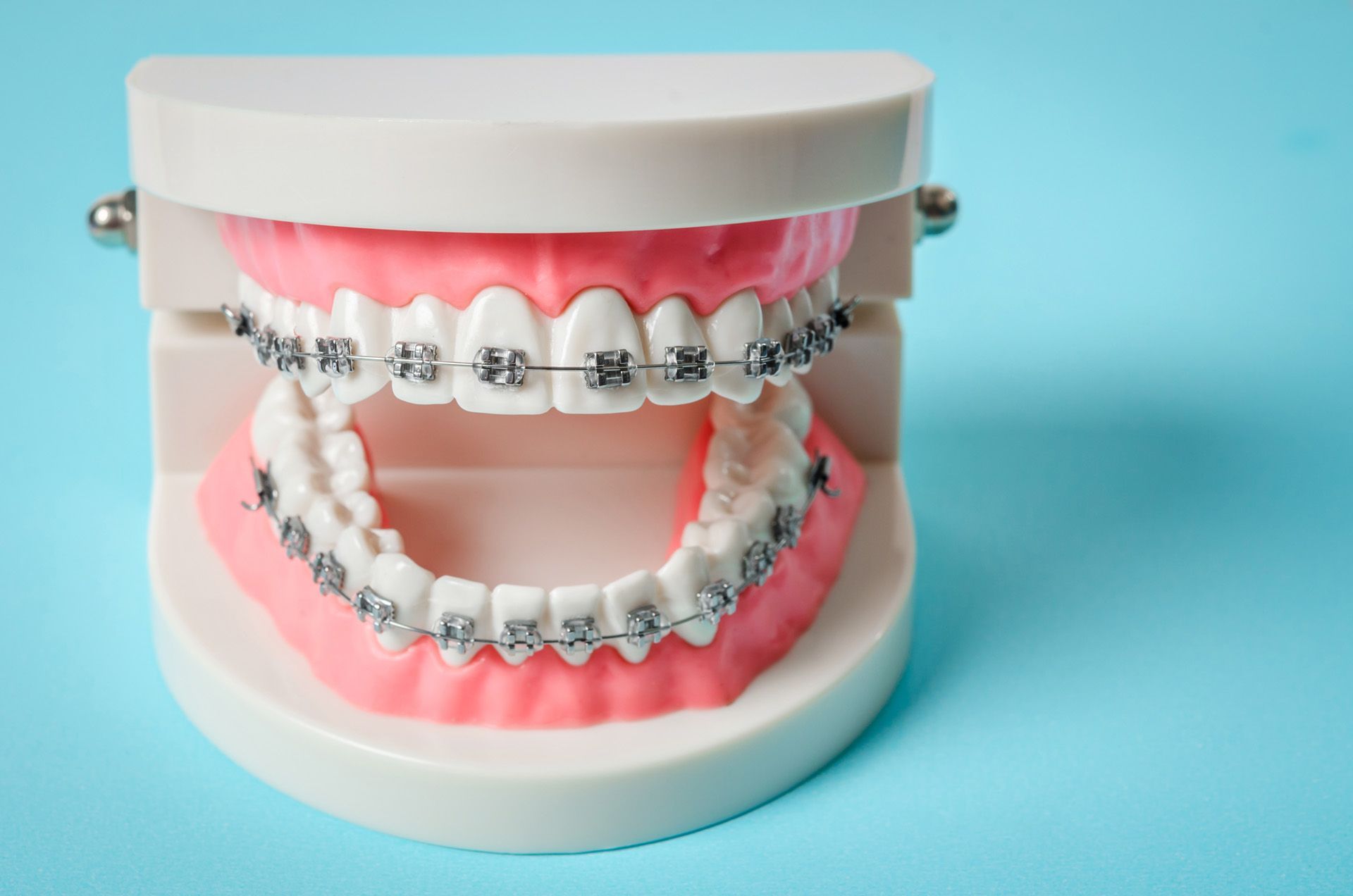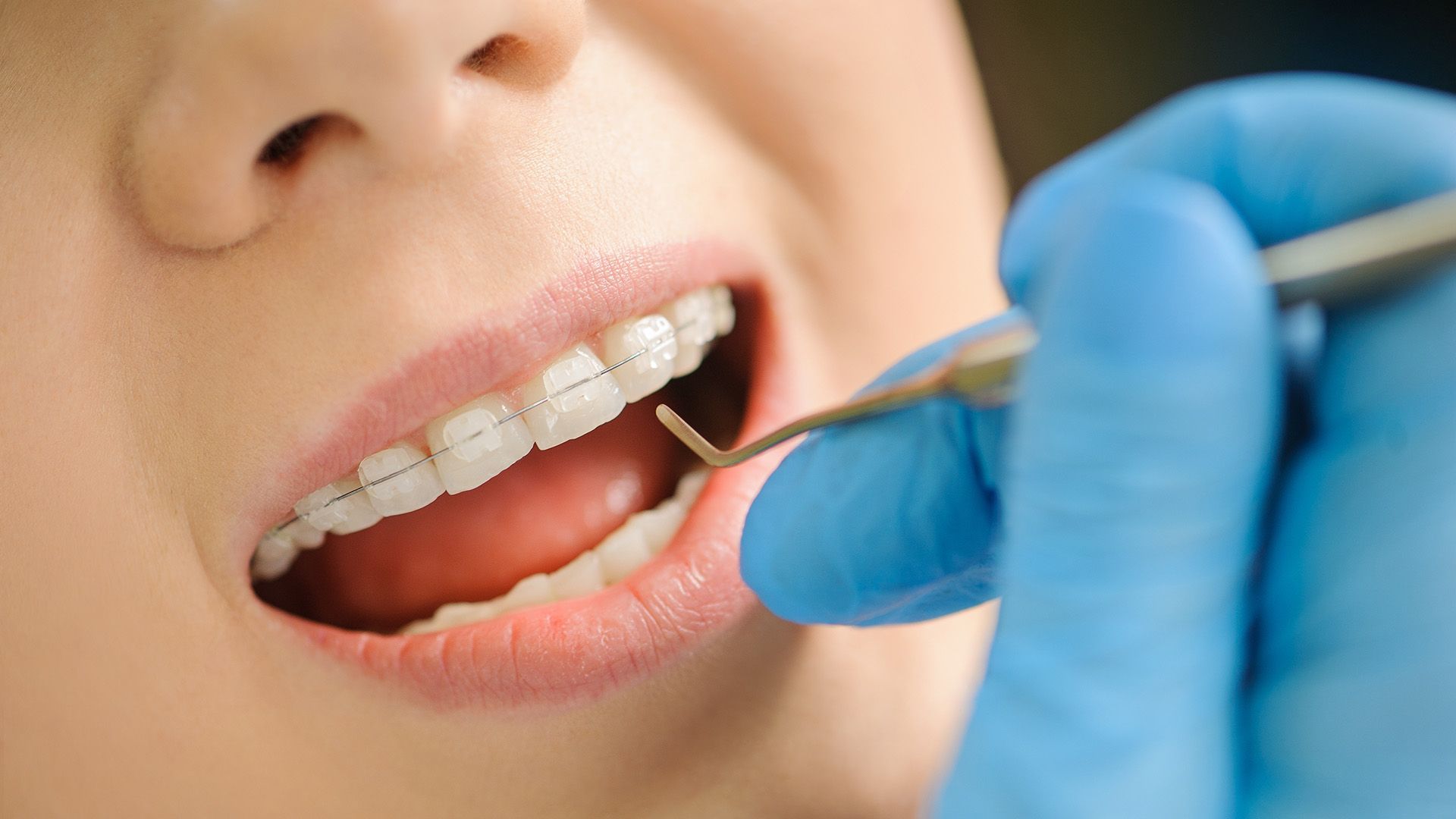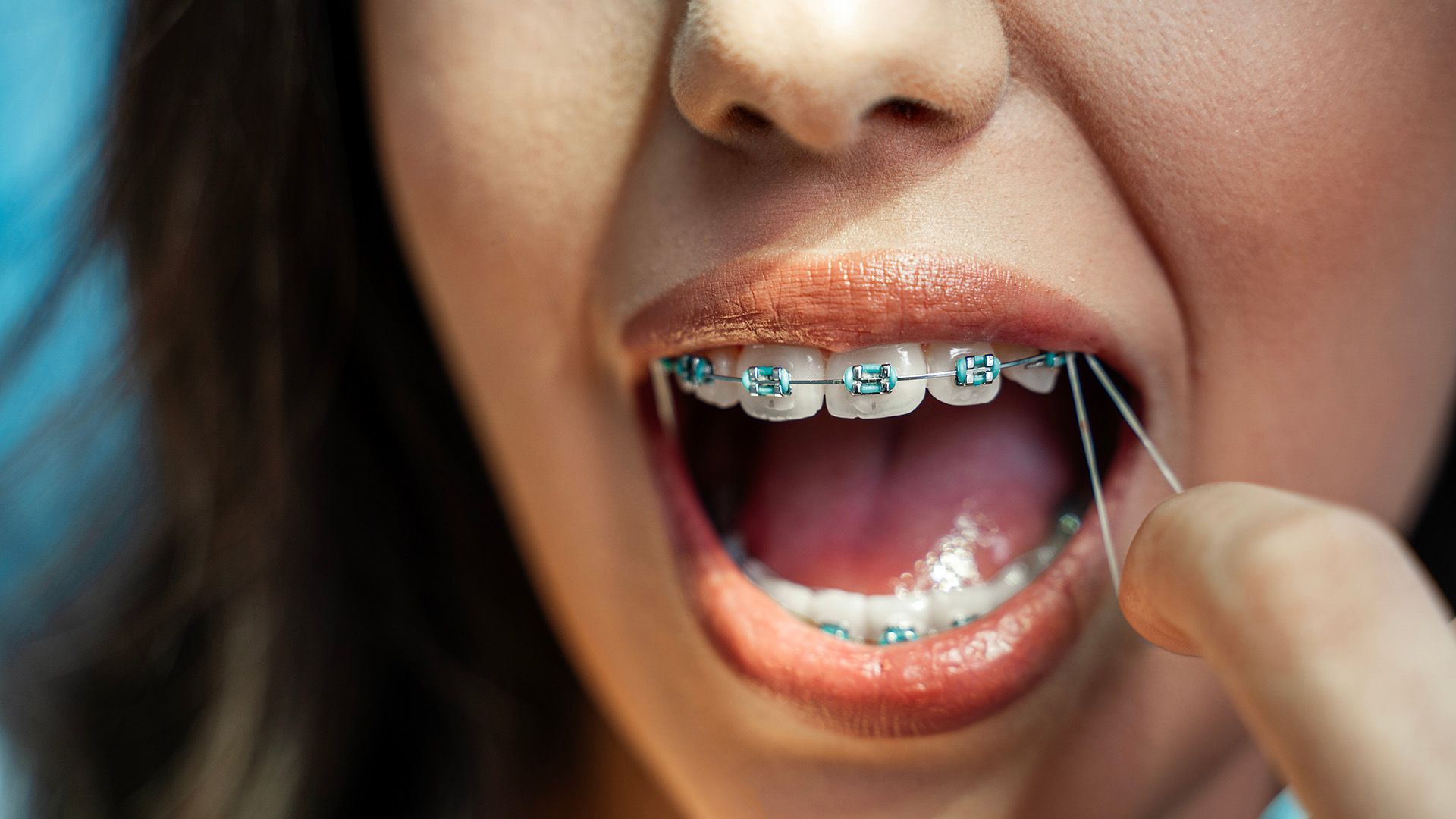How Early Orthodontic Screening Can Save Money
Investing in your child's dental health early can lead to significant savings in the future. How early orthodontic screening can save money is crucial not just for a perfect smile but also for preventing expensive dental treatments later on. By detecting potential orthodontic problems at a young age, you can avoid more complex and costly procedures. Knowing the right time to schedule the first screening, understanding the financial benefits of early orthodontic screening, and recognizing common issues that can be identified early empower you to make informed decisions about your child's oral health. Join us as we delve into the benefits of early orthodontic screening and how it can save you money while maintaining your child’s healthy smile.
When Should My Child Have Their First Orthodontic Screening?
The American Association of Orthodontists recommends that children should have their first orthodontic evaluation by age 7. This allows orthodontists to assess the development of the jaw and teeth, identifying issues that might require intervention. Early signs that may necessitate an evaluation include difficulty chewing or biting, prolonged thumb sucking, crowded or misaligned teeth, jaw pain, or noticeable overbite or underbite. By addressing these issues early, you can save on future dental costs.
Early intervention can often mean simpler, less expensive treatments. Correcting alignment issues at a young age can prevent severe problems later that might require extensive treatment, such as extractions or surgery. By investing in early orthodontic care, you not only enhance your child's smile but also support their overall oral health and wellbeing. Understanding how early orthodontic screening can save money is essential for making informed decisions about your child's dental care.
Financial Benefits of Early Orthodontic Treatment
The benefits of early orthodontic screening offer significant financial advantages. By identifying potential dental issues early, timely interventions can be recommended, preventing the need for extensive treatments later. This proactive approach not only addresses current concerns but also helps reduce overall treatment costs.
Early orthodontic treatment can lead to long-term savings. Complex procedures, like jaw surgeries or comprehensive treatments, often result from issues that could have been managed with earlier intervention. By addressing these problems sooner, families can avoid the financial burden associated with more invasive solutions.
Moreover, early screening can reduce the extent of orthodontic work required later. When issues are detected early, necessary adjustments are often simpler, resulting in fewer orthodontist visits and reduced treatment costs. Prioritizing the benefits of early orthodontic screening promotes better oral health and serves as a smart financial decision for managing dental care expenses effectively.
Common Orthodontic Issues Detected Early
Early orthodontic screening is vital for identifying issues such as misalignment and bite problems. When children are evaluated at a young age, orthodontists can detect discrepancies in tooth alignment and jaw positioning that might not be immediately apparent. Correcting these issues early prevents complex treatments in the future, saving families money and time.
Addressing orthodontic concerns early can also improve a child's speech and chewing abilities. Misaligned teeth can hinder pronunciation and effective chewing. Treating these problems early helps children develop proper speech patterns and enjoy a more comfortable eating experience, enhancing their overall quality of life.
Early screenings can also help address habits like thumb sucking or tongue thrusting, which can lead to significant orthodontic issues if left unchecked. By providing guidance and preventive measures, orthodontists can help children break these habits, reducing the likelihood of severe orthodontic problems later. This proactive approach fosters better oral health and highlights how early orthodontic screening can save money by minimizing the need for extensive treatments.














